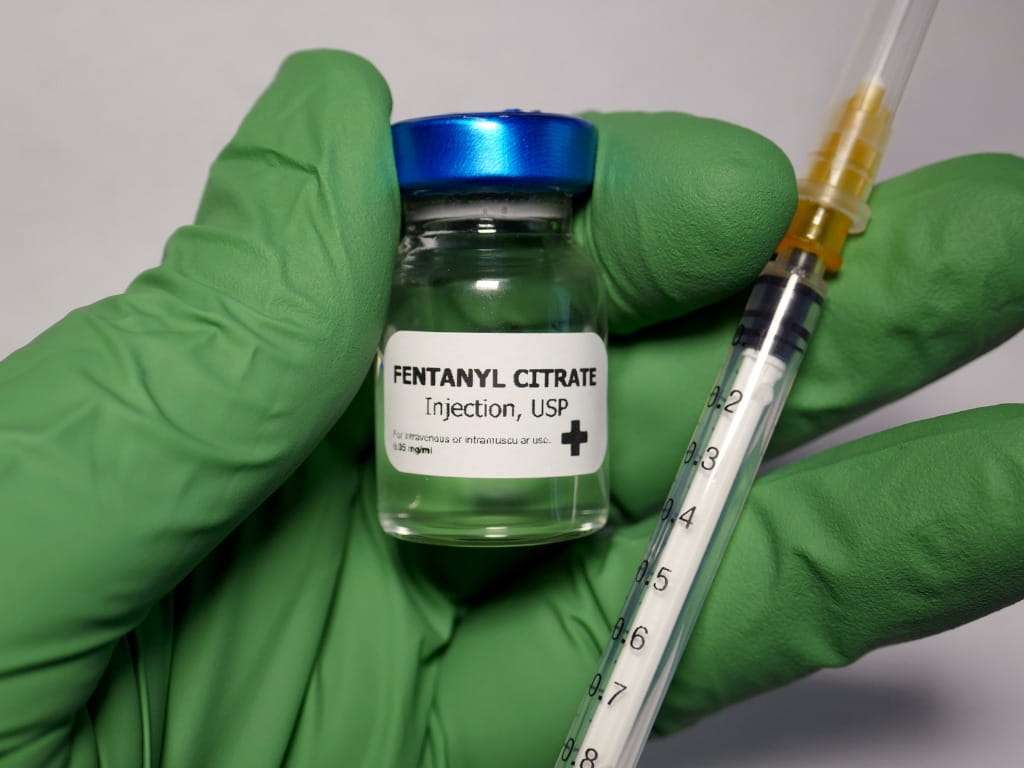
A vaccine to prevent fentanyl addiction has reportedly been developed by researchers, offering hope for a solution to the opioid crisis.
The lead author, Colin Haile, a research associate professor of Psychology at the University of Houston and the Texas Institute for Measurement, Evaluation and Statistics, and the team members, published their findings in the journal Pharmaceutics.
According to the findings, the injection would prevent fentanyl from entering the brain and producing the desired “high” that addicts desire. Once it successfully completes clinical testing, it may be used to stop relapses in opioid users who are attempting to quit, they stated.
“We believe these findings could have a significant impact on a very serious problem plaguing society for years — opioid misuse.
“Our vaccine is able to generate anti-fentanyl antibodies that bind to the consumed fentanyl and prevent it from entering the brain, allowing it to be eliminated out of the body via the kidneys. Thus, the individual will not feel the euphoric effects and can ‘get back on the wagon’ to sobriety,” Haile explained.
The medicine has undergone animal testing, but the team intends to begin producing a clinical-grade vaccination and beginning human trials in the coming months. However, not all findings from animal study are applicable to people.
Fentanyl is 100 times more potent than morphine and 50 times more potent than heroin. Two milligrams is so little that it might potentially be fatal.
To enhance immunological response to the vaccine, scientists developed it using a variant of the E. coli bacteria.
“The anti-fentanyl antibodies were specific to fentanyl and a fentanyl derivative, and did not cross-react with other opioids, such as morphine. That means a vaccinated person would still be able to be treated for pain relief with other opioids,” Haile said.
Due to the fact that fentanyl is frequently mixed with street drugs like cocaine, methamphetamine, fake benzodiazepines like Xanax, and other opioids like oxycodone and hydrocodone, even drug users who don’t typically take fentanyl may occasionally overdose on it.
The researchers stated that a combination of drugs, including methadone, buprenorphine, and naltrexone, are used to treat opioid use disorder.
Therese Kosten, head of the University of Houston’s developmental, cognitive, and behavioral neuroscience division, claimed that this new vaccination may “change the game”.
Others on the research team were Greg Cuny, a professor of drug discovery at the UH College of Pharmacy and researchers from Baylor College of Medicine and the Michael E. DeBakey Veteran’s Affairs Medical Center, both also in Houston.










